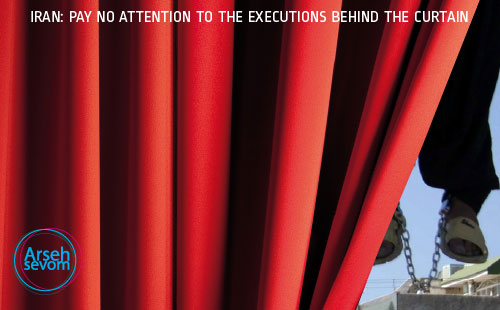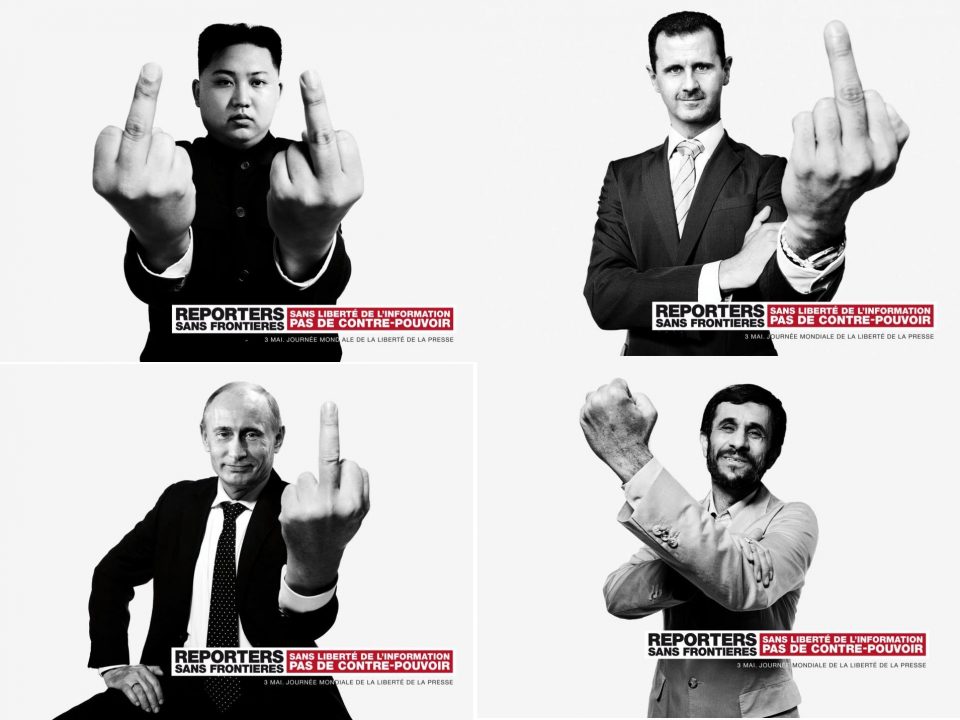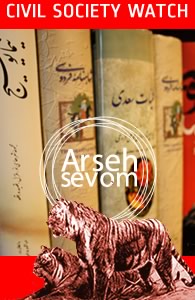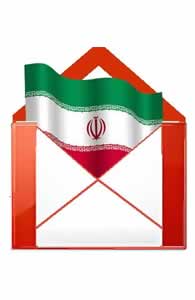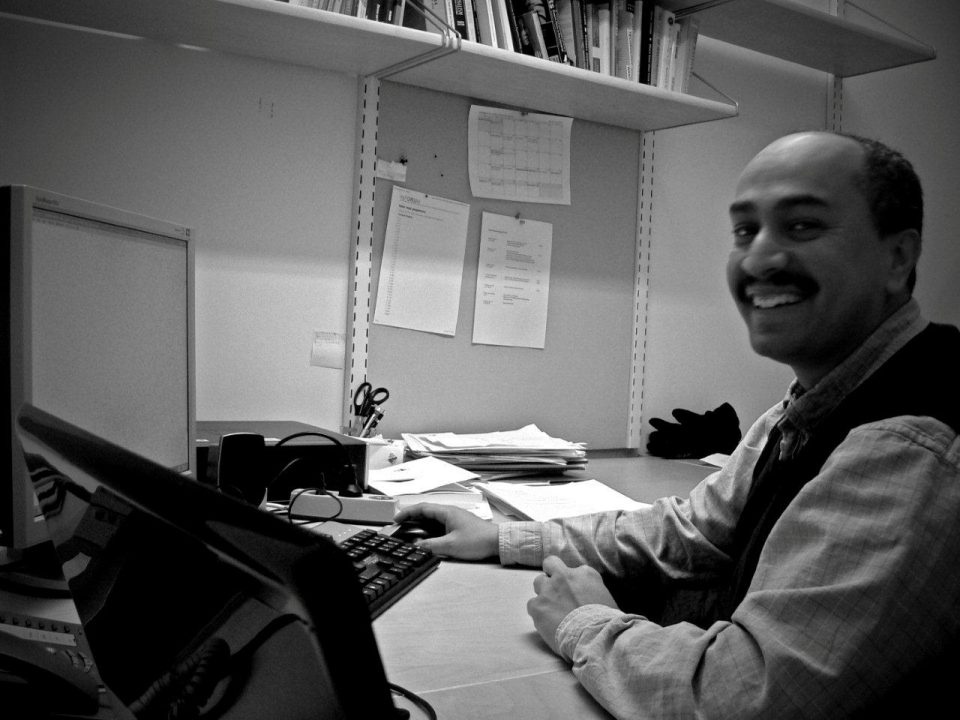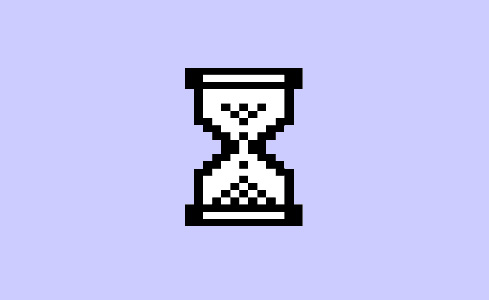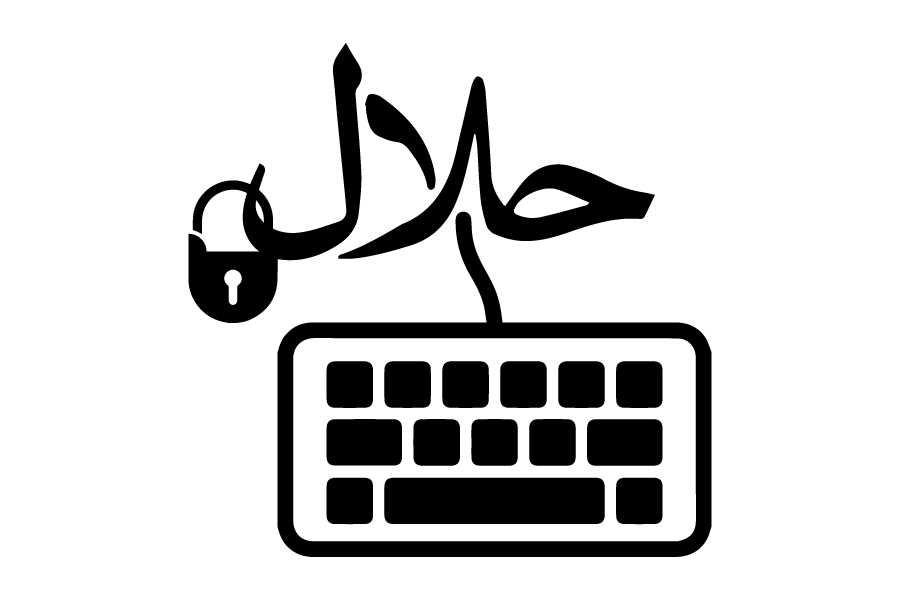October 9, 2013
Pay no attention to the executions behind the curtainArseh Sevom -- In this week's overview, we learn that the short term political aims of sanctions have long term effects on the most vulnerable. Improved relations may actually lead to some ease in US sanctions. This would most likely only sanctions that are the result of executive orders. Sanctions signed into law by the US congress are unlikely to be changed. Over 100 tons of illegal drugs were seized in Tehran. We are not talking about recreational drugs here, many of them were difficult to find treatments. In a carnival-like atmosphere, the Iranian military destroyed equipment for over 800 satellite connections with tanks and bulldozers. Despite the kinder, gentler face Iran is showing the world, executions continue at a record rate and Internet freedom is at an all-time low. Will the Iranian government start thawing relations with its own population next?


